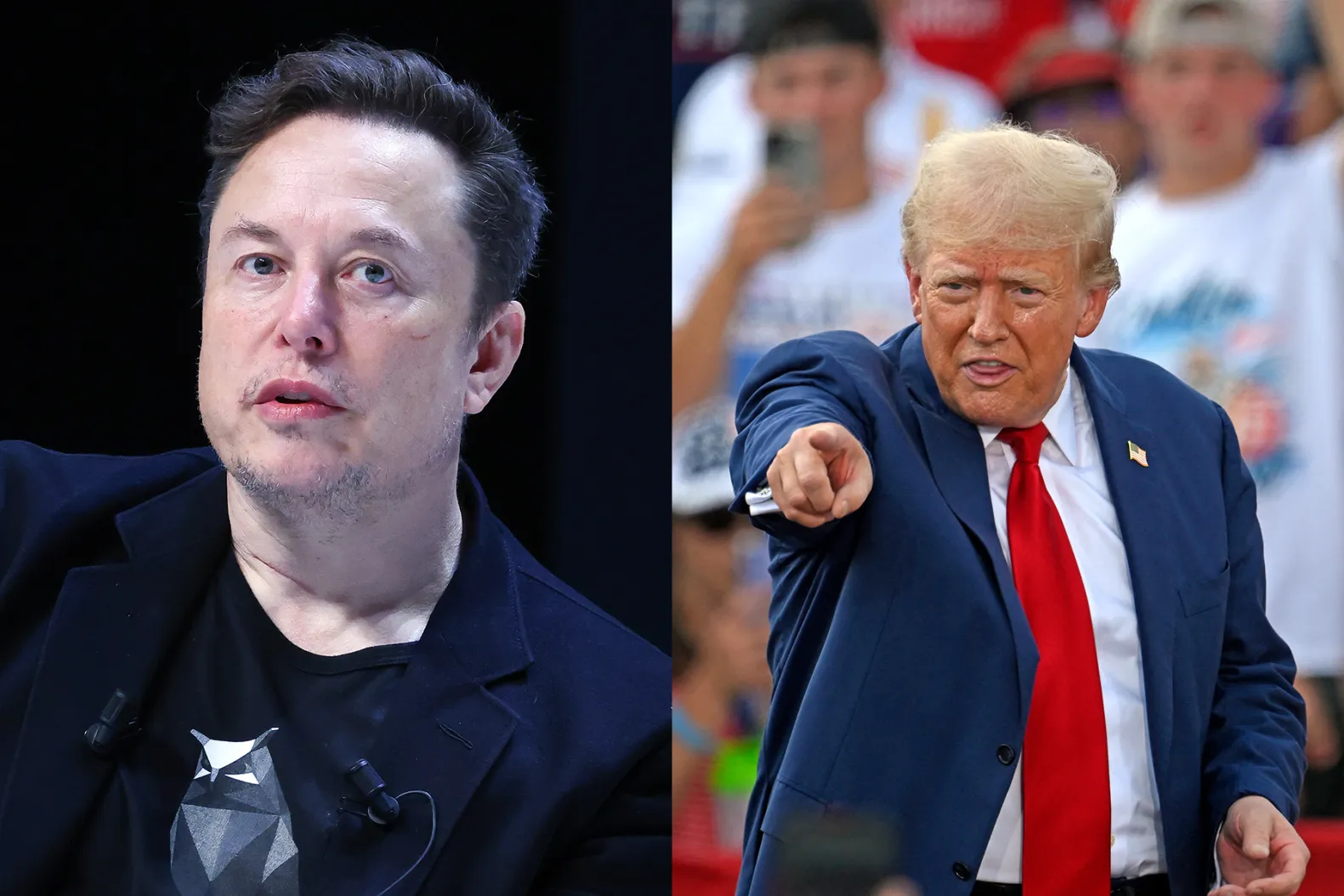A fast-growing dispute between Elon Musk and U.S. President Donald Trump is threatening to disrupt more than $22 billion in government space contracts.
The clash, which exploded on social media and in the Oval Office, has raised alarm over the future of space missions and the role of private companies in America’s space ambitions.
The tension flared last week after Musk, the CEO of SpaceX and Tesla, criticized Trump’s new tax cut and spending bill for favoring short-term politics over long-term economic health. Trump responded swiftly, warning that federal contracts awarded to Musk’s companies could be withdrawn.
Things escalated quickly when Musk, in a series of X posts, said he would start decommissioning the Dragon spacecraft — a vessel vital to NASA’s efforts to send astronauts to the International Space Station (ISS).
While Musk later walked back the threat, replying to a follower urging calm with, “Good advice. Ok, we won’t decommission Dragon,” the moment revealed how a private dispute could have deep consequences for national — and international — science missions. (source)
Under a roughly $5 billion contract, Dragon is currently the only American-built spacecraft that transports astronauts to and from orbit. Without it, NASA would lose its primary access to the ISS, which is home to scientific experiments and international partnerships.
The implications ripple far beyond Washington. Global partners who rely on U.S. space logistics — including Europe, Japan, and Canada — could face setbacks if Dragon were suddenly grounded. Musk’s threat, even if retracted, introduced a new risk: the vulnerability of key infrastructure to personal or political friction.
Also Read; African Nations Push Back Against U.S. Pressure
Musk, who once chaired Trump’s federal government reform council, has a complicated relationship with the administration. But this week’s standoff brought those tensions into the open in a way that left many at NASA headquarters concerned. An anonymous senior agency official said, “When a political spat threatens a core piece of space infrastructure, we’re no longer talking about just personalities — we’re talking about national readiness.”
Observers say the broader question now is whether government agencies can continue to rely so heavily on individual CEOs and companies to carry out critical missions. The U.S. space program, once dominated by public-sector institutions like Cape Canaveral, now depends deeply on private firms — especially for human spaceflight.
Analysts warn that the feud could also damage America’s reputation as a stable partner in international science. “Weaponizing contracts over political disagreements is a terrible signal,” said Dr. Karen Ingram, a space policy researcher at MIT. “Science depends on long-term commitments and political neutrality.”
Efforts to de-escalate the conflict are reportedly underway, with advisors to both Trump and Musk urging behind-the-scenes talks. But the episode has already cast a long shadow over the next phase of American spaceflight.
Whether the dust settles or the feud continues, this moment will likely be remembered as a warning: that even in the vast vacuum of space, earthly politics can bring powerful missions crashing back to Earth.







